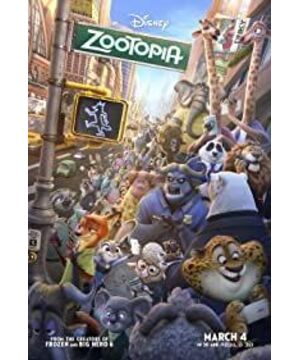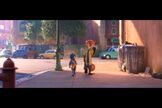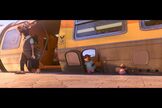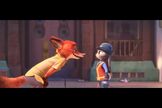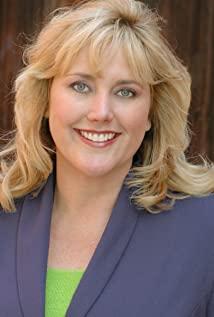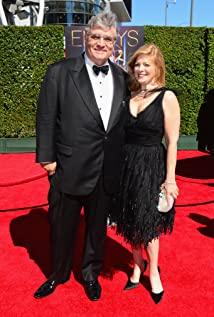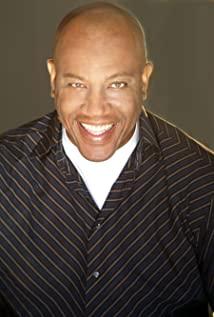This is a story with a tragic opening. It describes the problem of racial discrimination in the United States with rare and delicate touches unique to the Orientals, so it became the dark horse of the best-selling list that year. And as a graduate student of American multicultural psychology compulsory in the graduate class, it is natural to use it as one of the bedtime readings.
Back then, I read some every night and watched the sad story unfold like a fine web.
There was an irresistible familiarity that lingered until, at one point, the story overlapped with a memory in my head, and I broke down to the point where I couldn't be myself.
This story is so painfully real that it no longer has anything to do with me. Because it actually happened around me when I was a graduate student. The last life that also passed away was one of my classmates at the time.
Such a similar girl, such a similar life love, such a similar family background and parents' expectations, but in the end it is such a similar tragedy.
The original English title of "Silent Confession" is "Everything I Never Told You". During the viewing process, I broke down and cried many times, because only then did I realize that the girl who used to laugh like a child in front of others, but was actually fighting against depression, even though there were traces at that time, she still treated everyone. How many heartbreaking words people hide.
Sitting in the cinema today, watching this zero-critic cartoon called "Zootopia".
Although I roughly knew the ins and outs of the story before, I still watched it with relish.
Aside from the perfect animation effects and character settings, the film itself, like other Hollywood animations, uses the simplest and typical plot to tell the most profound truth.
Like Rabbit Police, everyone who has never been to Zootopia feels that this place is full of hope and future, making everything possible.
As long as you have a dream, be willing to work hard.
But utopia will not really exist, even this city of dreams is full of difficulties and setbacks that can step on dreams.
Not to mention the labelling and discrimination that seeps into the bone marrow.
Just like America, like anywhere in the world.
This is still a story about labels and self.
Maybe it was because I lived in Philadelphia at the time, my major was psychology and public services covering various cross-cultural issues, and my internship was in a public high school where whites and Asians were hardly seen. International students are different. Whether in terms of life or study, I truly feel the impact of racial issues on the lives of the American people and the sensitivity of this issue in the United States.
Many years ago, studying abroad was not as popular as it is now. When everyone talks about the American Dream, they are only thinking of the feasting of capitalism, or the freedom and democracy that can be realized by dreaming.
However, those who have been there know that those popular social topics in China, such as government supervision, the gap between the rich and the poor, rights, food safety, etc., have not become hot issues on the other side of the ocean, just because they also have social topics that are incomprehensible on this side.
You can say good or bad, but I prefer to say social differences.
Labels are based on social differences, such as blacks are more likely to commit crimes, Muslims are more extreme, Jews are more savvy, Caucasians are more indifferent, and East Asians may be less troubled, perhaps simply because of the labels attached to East Asians. Stereotypes like "good at maths," "loves to read," and "hard-working enough" make people feel harmless to society, but they make Americans find them incredibly boring.
The fox said, since that day, I have understood two truths. First, I will never, never show my vulnerable side to others; second, if others always think you are that kind of person, then I might as well do nothing.
Once, I went to the cinema to watch "The Fall of Olympus," a new heroic film with an old-fashioned plot. It is such an action movie without any surprises. The old beauty in the movie theater is full of excitement, covering her mouth and breathing air when the protagonist is beaten, artificially adding cheers when the protagonist beats someone, and applauding and cheering when the White House is rescued at the end.
After leaving the cinema, I can only sigh: Lao Mei really knows how to relax herself through movies.
Is it just that? If such a film happened in China, it would probably be criticized and said: Look, domestic films are so bad.
I think at that moment, I was jealous, jealous that they could be so presumptuous. They can love what they love, their country, and their heroes with impunity, and not take that for granted.
When I thought that was stupid, they had already thrown the definition of stupid out of the blue.
"Our whole life is to get rid of the expectations of others and bravely find our true self."
——Recommendation of "Silent Confession" Nowhere in
this world is so bad, nor so good.
If I don't live as you imagined, then I have to say sorry.
Because the me you imagined, the me who was full of labels, was nothing but your expectation.
View more about Zootopia reviews


